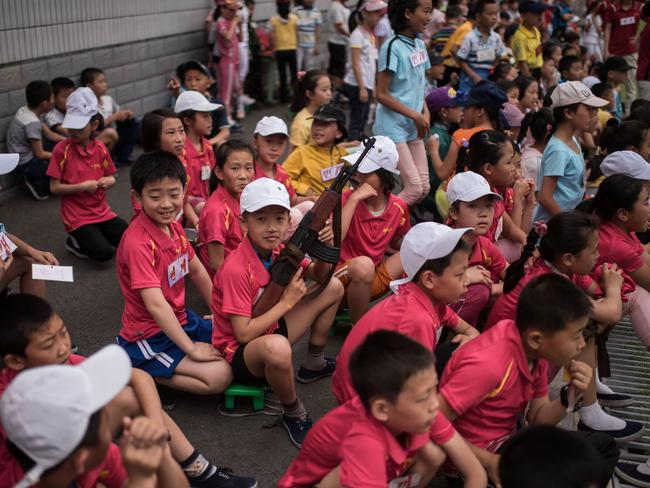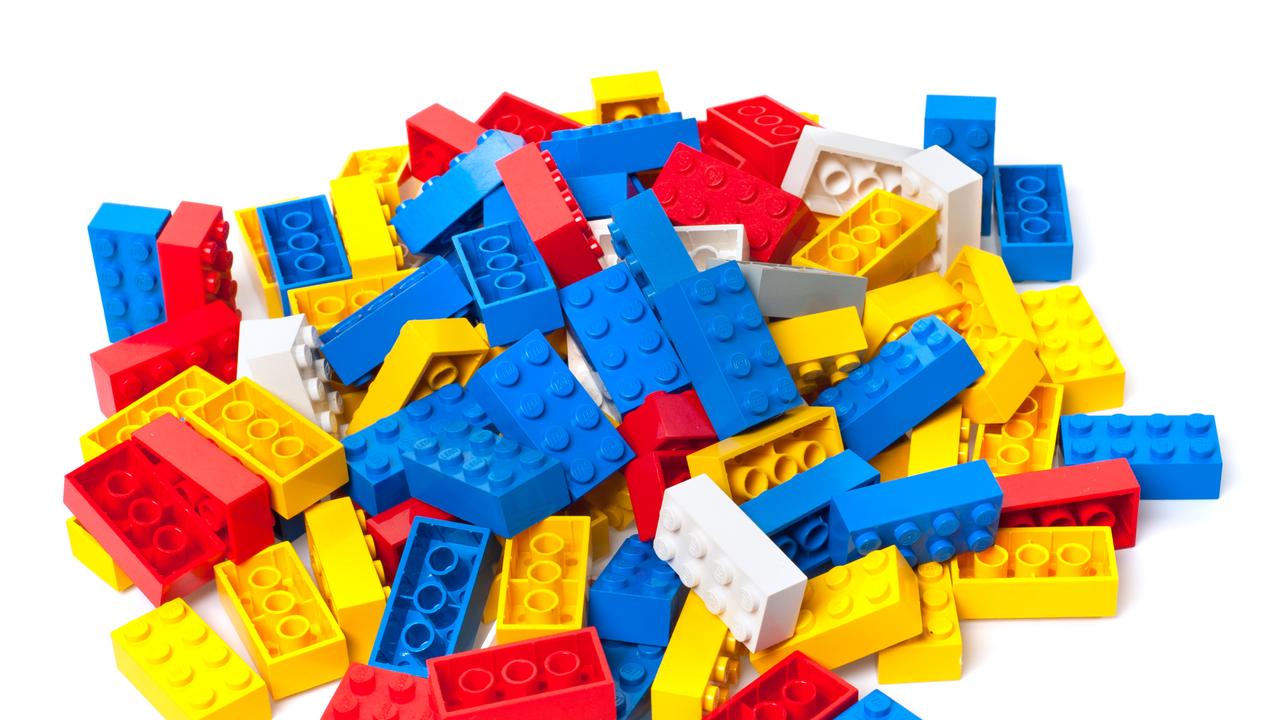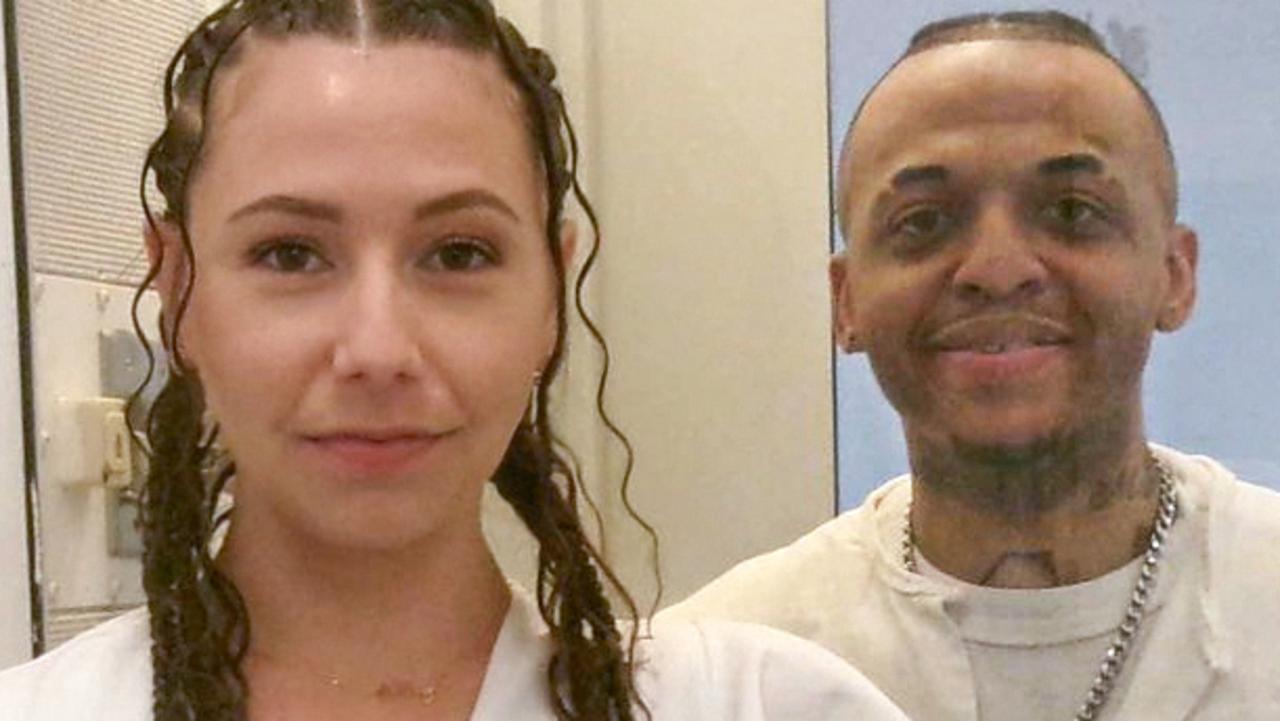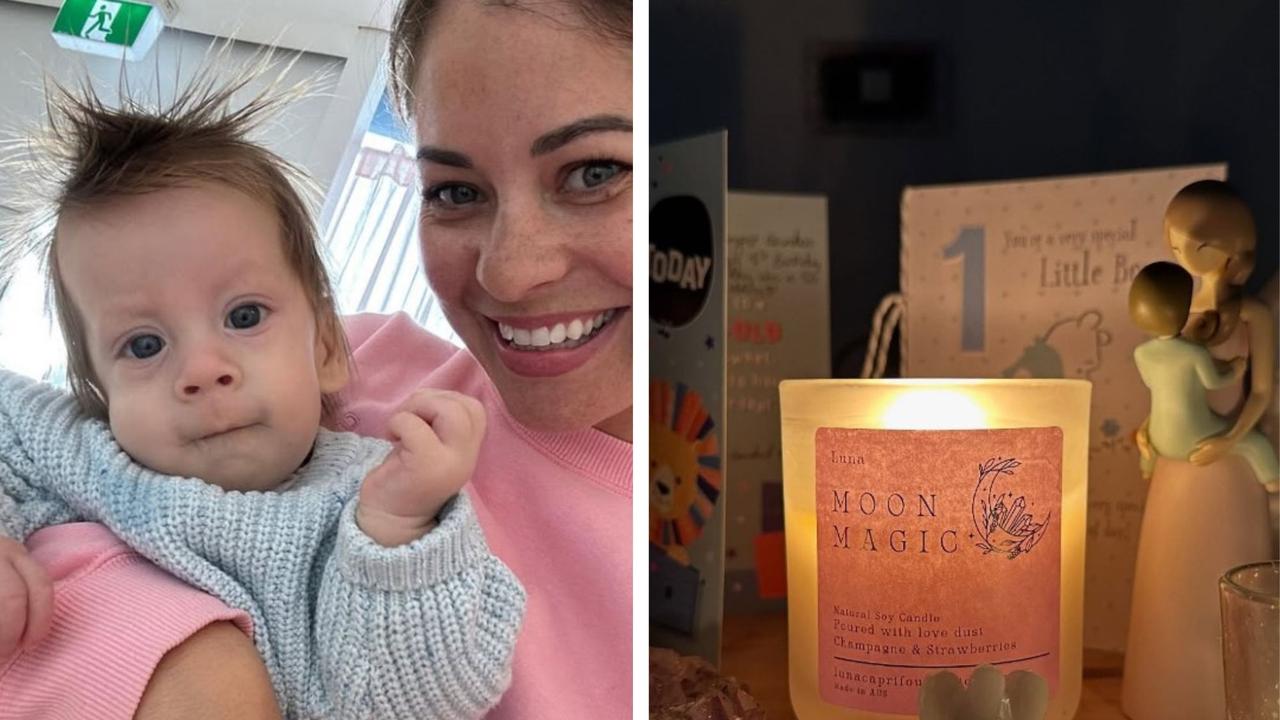North Korea ‘a cult’ to Kim Jong-un, undercover journalist says
A WRITER who spent six months living undercover in North Korea and taught English to sons of Pyongyang’s elite has described it as a “cult”.
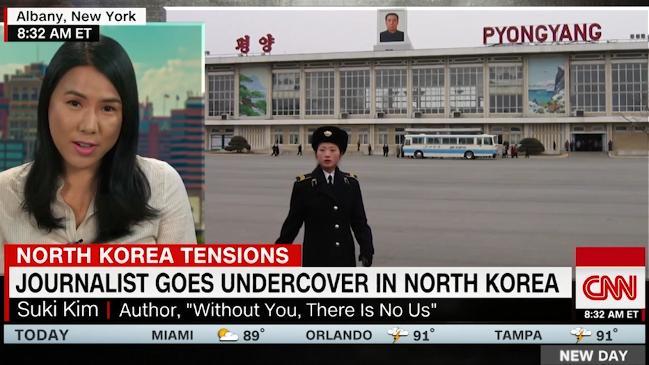
A WRITER who spent six months living undercover in North Korea and taught English to sons of Pyongyang’s elite has described it as the saddest place on Earth.
Suki Kim posed as a missionary and a teacher at Pyongyang University of Science and Technology in 2011.
The author of Without You There is no Us told CNN she found North Koreans friendly but they are raised to be soldiers with no ounce of freedom.
“Their lives were completely mapped out according to the great leader,” she said.
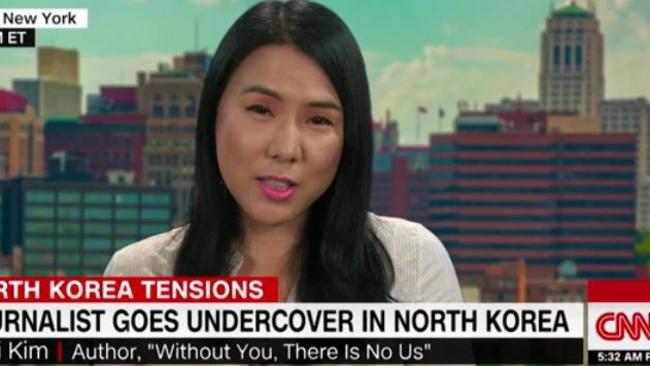
“Any information from outside is forbidden and not shown to them in any way. It’s really a system of absolute control.”
She also revealed how the people were living in a complete bubble where all the people learn about is the great leader through one newspaper and TV station.
“To try to understand North Korea, it’s basically a cult of the great leader,” Kim said as she described a state under complete and total surveillance.
“It’s a devastating problem that a world like this exists in this time of our history.
“It’s the saddest place in the world.”
Author who went undercover in North Korea says people there are "raised to be soldiers...have no ounce of freedom" https://t.co/FEjq90qFsL
— New Day (@NewDay) August 12, 2017
Kim isn’t the only journalist and writer who has covered this issue.
In a Reddit AMA (Ask Me Anything) session, Tokyo bureau chief for the Washington Post Anna Fifield revealed more about the secretive state.
Fifield, who has visited North Korea a dozen times, said no dissent is allowed and the brainwashing begins from childhood.
“If you question the legitimacy of the regime in any way or, for example, suggest that Kim Jong-un might not be the best leader for the country, you’ll end up severely punished,” she said.
Fifield also dismissed the idea there could be a coup against the regime.
“North Korea survives through this fear: people are afraid to question the system, let alone rise up, because of the punishment they could face, and their families could face,” she writes.
She adds all this helps people keep their heads down.
